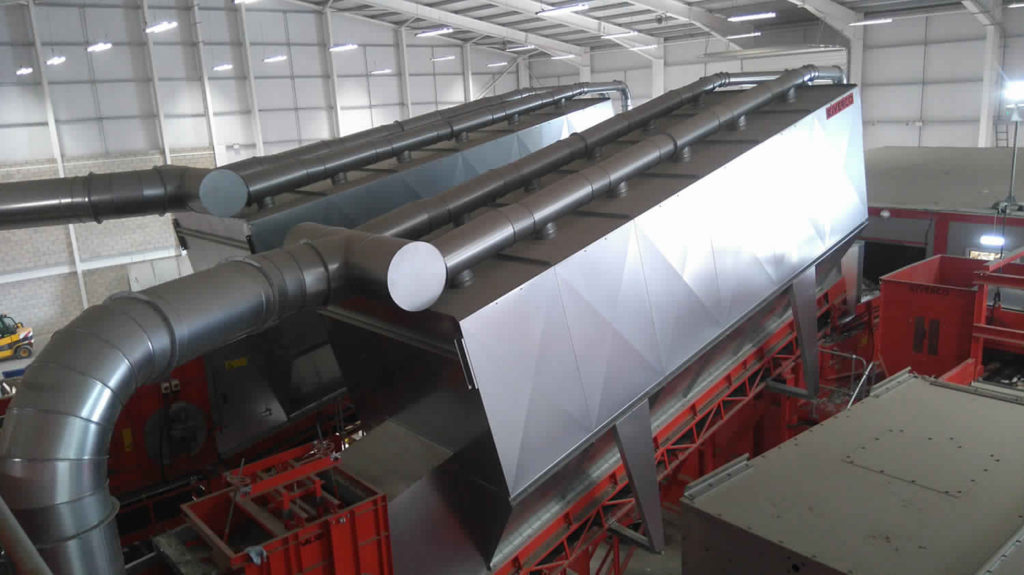In a few days, the Egyptian government is to announce a new tariff that it will pay to purchase energy generated from waste. The regulation is set to be applied for the next 20 years.
According to a recent report by Al-Borsa News, the tariff is a combined 140 piasters for each kilowatt of energy produced, with the Ministry of Electricity paying 103 piasters while the Ministry of Environment covering the remaining 37 piasters for every kilowatt.

Egypt produces around 100 million metric tonnes of waste each year from the many economy-driving industries. And, prior to this tariff, many investors were weary of refuse-derived energy production, because the ministerial cabinet used to offer as low as 92 piasters per kilowatt.
The colossal amount of waste Egyptians produce pollutes our environment significantly, causing the disappearance of many of Egypt’s unique animals and plants. This tariff could perhaps lead to the treatment of millions of tonnes of waste every single day, including solid waste, industrial waste, as well as organic waste.

The increase in tariff comes as part of the Ministry of Electricity’s plan to increase Egypt’s production of renewable energy to 55 percent by 2050. Furthermore, the ministry plans to establish 10 garbage power plants at the cost of USD 10bn.
In April 2019, the Ministry of Environment built a refuse-derived fuel factory in Suez as part of the government’s plan to be more environmentally-friendly.
The factory comes as a part of Egypt’s plan to move away from primarily relying on coal for energy and compliments other projects such as the opening of Qalyubia’s first waste-recycling plant; which can convert 4,000 tonnes of waste per day into clean energy. Other projects include the Egyptian-Korean agreement that’ll inaugurate several waste-recycling plants, and finally, the construction of Egypt’s El-Daba’a Nuclear Plant, the first nuclear reactor for the generation of energy in the Arab World.



